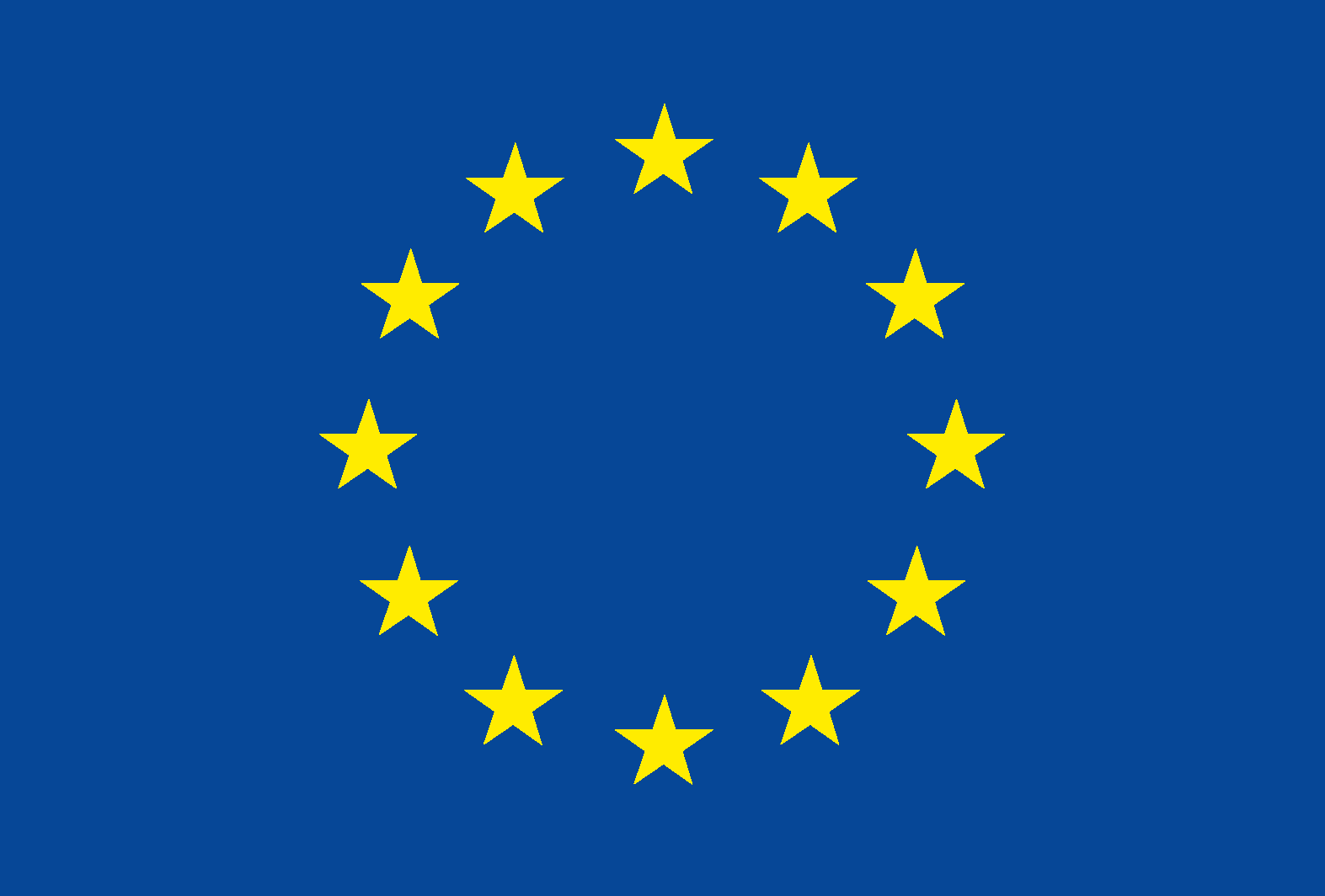Researchers of the EUROSHIP project have presented new findings on the vital role that minimum income schemes and other EU policies play in breaking down barriers for young adults when entering the labour market.
The research was presented at the most recent meeting of the European Stakeholder Committee, chaired by Social Platform. The committee’s role is to advise EUROSHIP researchers on current and upcoming EU policy initiatives and consists of representatives from the European Youth Forum, the European Anti-Poverty Network, COFACE Families Europe, Age Platform Europe, the European Trade Union Confederation, the International Labour Organization and the European Commission’s Directorate-General for Employment, Social Affairs and Inclusion. The committee works to bring the voices, needs and lived experiences of people into EU policy-making.
The meeting started with a brief overview of EUROSHIP, presented by Rune Halvorsen, the project’s Scientific Coordinator. Matteo Jessoula from the University of Milan presented his working paper on ‘The institutional logics of minimum income schemes in seven European countries’ which provides an overview of the of the minimum income policies adopted after 2008 in Norway, Estonia, Hungary, Spain, Italy and Germany. The committee discussed how we can make links between this work and the upcoming Council recommendation on Minimum Income, expected sometime this year.
Marge Unt from Tallinn University presented her working paper on ‘Social citizenship for young labour market entrants: Cross-country comparison of institutional settings’. The paper outlines the concept of youth social citizenship in the same seven Member States and how young people rely on their government in gaining financial independence.
Other topics of discussion were the skills needed to enter the labour market, including digital skills, and in-work poverty and the need for quality jobs for young people.


